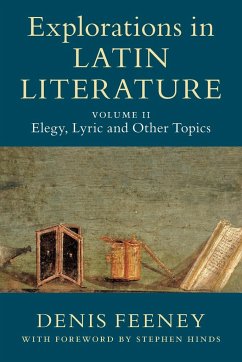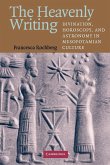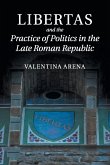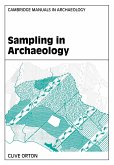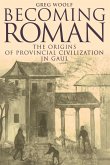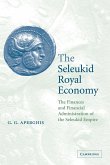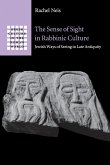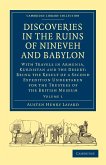Hinweis: Dieser Artikel kann nur an eine deutsche Lieferadresse ausgeliefert werden.
Denis Feeney is Giger Professor of Latin in the Department of Classics at Princeton University. His publications include The Gods in Epic (1991); Literature and Religion at Rome (Cambridge, 1998); Caesar's Calendar (2007); Beyond Greek (2016). He was also a Series Editor, with Stephen Hinds, of Roman Literature and its Contexts for Cambridge University Press. He is a Fellow of the British Academy and Member of the American Academy of Arts and Sciences and has held Fellowships from the Guggenheim Foundation and the American Council of Learned Societies.
Introduction; 1. Si licet et fas est: Ovid's Fasti and the problem of free
speech under the Principate; 2. 'Shall I compare thee ...?' Catullus 68 and
the limits of analogy; 3. Towards an account of the ancient world's
concepts of fictive belief; 4. Horace and the Greek lyric poets; 5.
Criticism ancient and modern; 6. The odiousness of comparisons: Horace on
literary history and the limitations of synkrisis; 7. Vna cum scriptore
meo: poetry, principate, and the traditions of literary history in the
Epistle to Augustus; 8. Two Virgilian acrostics: certissima signa? (with
Damien Nelis); 9. Catullus and the Roman paradox epigram; 10. Becoming an
authority: Horace on his own reception; 11. Fathers and sons: the Manlii
Torquati and family continuity in Catullus and Horace; 12. Doing the
numbers: the Roman mathematics of civil war in Shakespeare's Antony and
Cleopatra; 13. Crediting Pseudolus: trust, belief, and the credit crunch in
Plautus' Pseudolus; 14. Hic finis fandi: On the absence of punctuation for
the endings (and beginnings) of speeches in Latin poetic texts; 15.
Representation and the materiality of the book in Catullus' polymetrics;
16. Catullus 61: Epithalamium and comparison; 17. Ovid's Ciceronian
literary history: end-career chronology and autobiography; 18. Horace and
the literature of the past: lyric, epic, and history in Odes 4; 19. Forma
manet facti (Ov. Fast. 2.379): aetiologies of myth and ritual in Ovid's
Fasti and Metamorphoses.

